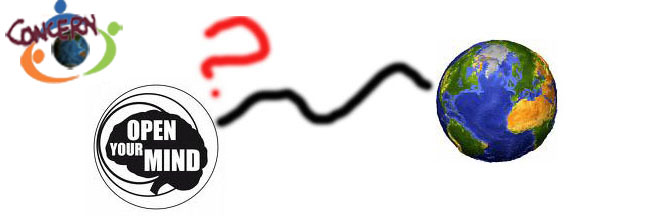 CONSERVE WATER PLEASE!!!!!!!!!!!!!!!!!!!!!!!!
CONSERVE WATER PLEASE!!!!!!!!!!!!!!!!!!!!!!!!
Water conservation refers to reducing the usage of water and recycling of waste water for different purposes like cleaning , manufacturing , agriculture etc.
Call for reluctant Earth revolutionaries to unite and slay the economic growth machine consuming ecological being.
A disease is ravaging Earth as ever more people, consume ever more, destroying natural ecosystems that are our shared habitat. In a few short centuries the violent, expansionist and deeply ecologically unsustainable Western mindset has become virtually universally accepted. The meaning of life is more, ever more of everything, at the expense of a finite biosphere. The emptiness of such a vacuous worldview is revealed through changing climate, devastating human inequities and an irredeemably corrupt economic system.
More than just a climate crisis, humanity is facing profound over-population and injustice that are spurring dozens of inter-related ecological and social crises. Billions suffer as their basic human needs go unmet, while billions more gorge themselves. Forests, prairies, streams, rivers, estuaries, wetlands, lakes, soil, oceans, air and all the rest are all life's flesh and blood. Humanity, Earth and kindred species have entered the late stage condition of ecological overshoot -- whereby our cumulative demands upon ecosystems exceed their life-giving capacity and cause them to collapse.
We are eating creation. Hardly anyone is thinking or acting at the necessary scale to avert global ecological Armageddon. Market based solutions are pervasive with corruption and inequity. Nothing we do is going to maintain an affluent life, as it is now for some. Widespread economic decline will certainly accompany abrupt climate change and global ecosystem collapse; indeed, it has begun. If existing political systems are unable to deal with the inevitable collapse of the growth machine, at the same time as pursuing rigorous environmental policy-making, then new political structures will be necessary.





